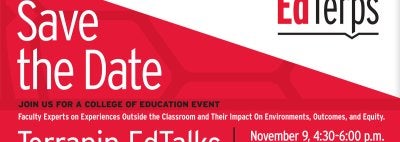

Terrapin EdTalks: General
On November 9, the College of Education hosted the annual Terrapin EdTalks at the Clarice Smith Performing Arts Center.
Launched in 2019, EdTalks brings together a handful of faculty members to speak on a chosen theme, first individually in short, accessible, 6-minute talks, and then as part of a collective panel. This year’s theme was “Experiences outside the classroom and their impacts on environments, outcomes, and equity,” which felt especially prescient after COVID forced students and teachers out of the classroom and into de facto homeschool for more than a year.
“It’s given me a chance to really think about children’s learning and the context in which they learn,” said Dr. Laura Stapleton, Interim Dean of the College. “But even before the pandemic, much of what children learned happened outside of the formal, educational context.”
The intention of the theme, she said, was to address what educators, parents and mentors can do to promote positive development outside of the classroom, both socially and cognitively.
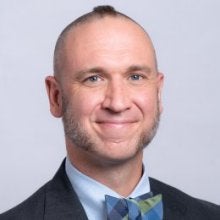
Dr. Scribner, an Assistant Professor in the Department of Teaching and Learning, Policy and Leadership, said he was “shocked” that those who celebrated the outcome would “celebrate legal principles with no consideration of related moral responsibilities.”
“I think it is a diminishment to assume that schools punish student speech only as a means of keeping order and not with an eye toward children’s moral formation,” he said.
Continuing to look at how schools and teachers can be central to helping shape young people, not only academically, but also emotionally, Dr. Kimberly Griffin, Professor
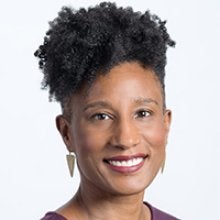
Dr. Griffin suggests caring be “reframed” as a competency rather than an emotion. “It is a skill set that can be learned, developed, and demonstrated. We must remember that care is not only felt, it is also acted out in a series of behaviors that show someone that they and their needs are important.”
From there, the talks turned toward the role of family.
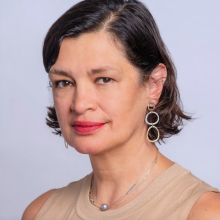
“Our public policies insist that fathers’ primary role is through financial contributions. Our policies pay virtually no attention to the other dimension of being a parent: being present and involved in children’s lives,” she said. “We need to maximize our public investments in children by also investing in fathers, not just as economic providers, but also as nurturing and loving parents who are ready and able to do all they can for their children.”
Dr. Geetha Ramani, Associate Professor of Human Development and Quantitative Methodology, gave a presentation titled “Families Count: Engaging Playful Learning at Home
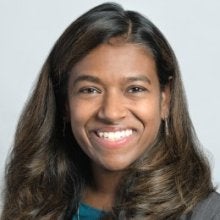
Dr. Ramani, who runs the Early Childhood Interaction Laboratory, spoke about math learning opportunities through play and everyday activities, like discussing the shapes of dishes, number of utensils, and simple fractions during mealtime. “Early math knowledge lays the foundation for learning more complex math skills,” she says.
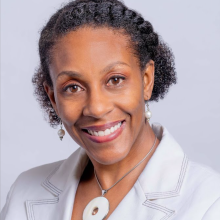
Dr. Timmons Brown, Clinical Assistant Professor in the Department of Teaching and Learning, Policy and Leadership, and one of the co-founders of the UMD Mathletics program, challenged parents, educators and coaches to “relentlessly develop, nurture, and embrace” young people’s academic and STEM-focused identities alongside their athletic ones. “These identities can and do co-exist, AND they can flourish if we do our part to recognize this coexistence early in our children’s lives and nurture it.”
The final speaker was Dr. William Ming Liu, Chair of the Department of Counseling, Higher Education, and Special Education. Dr. Liu presented
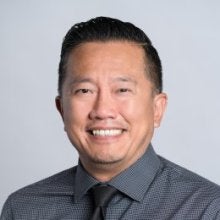
“In these instances,” Liu says, “we have to make choices: racism takes time to explain to others. It takes time to explain the subtleties and everydayness of racism to our white friends who do not have to live with it every day. It also takes time to take care of their feelings while explaining this to them. We have to make choices on how we want to spend our time.”
A Q&A panel featuring all six speakers followed the talks.
“This is a wonderful format to share research in an accessible way,” said Stapleton. “We’re looking forward to continuing this annual event to showcase faculty work.”



